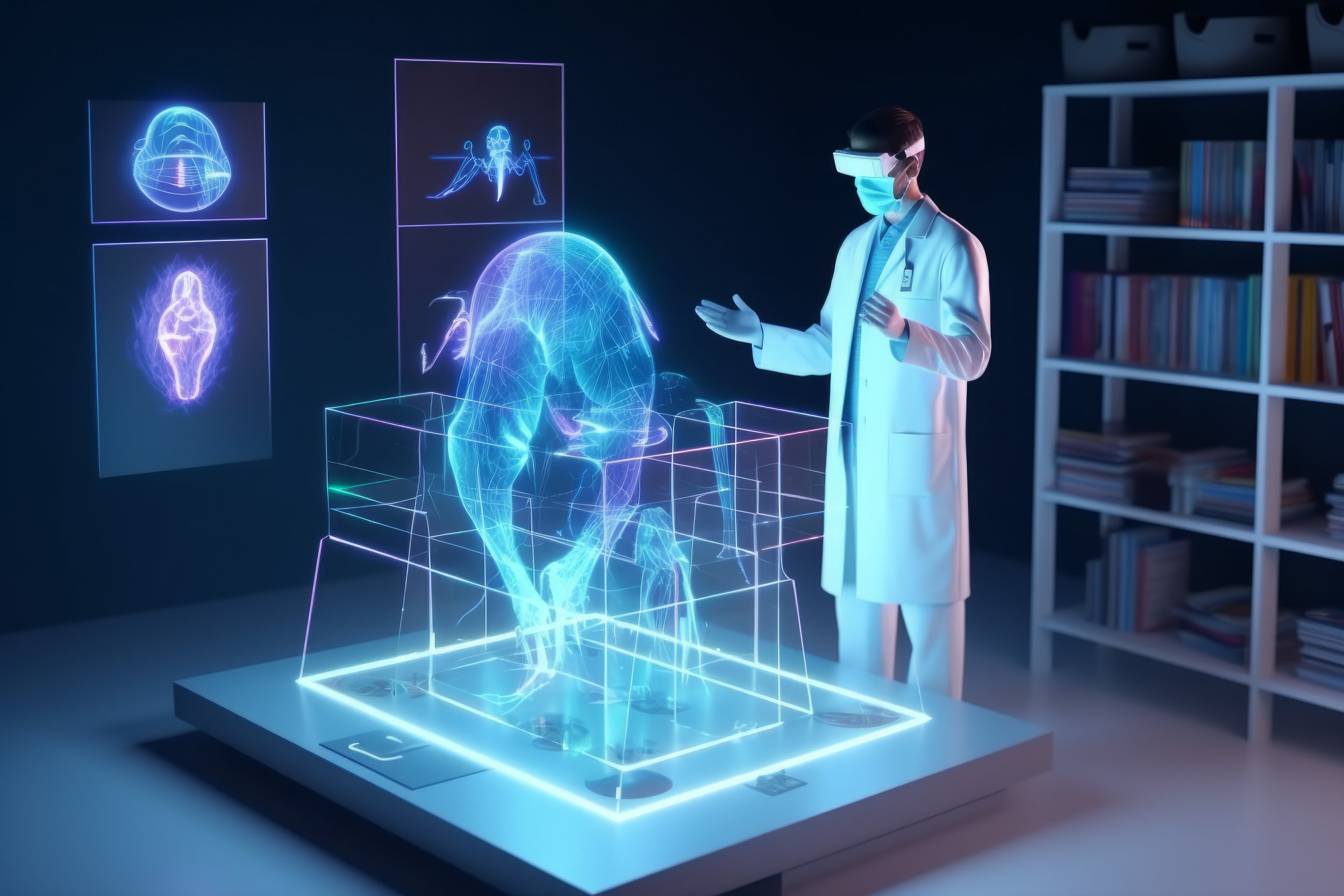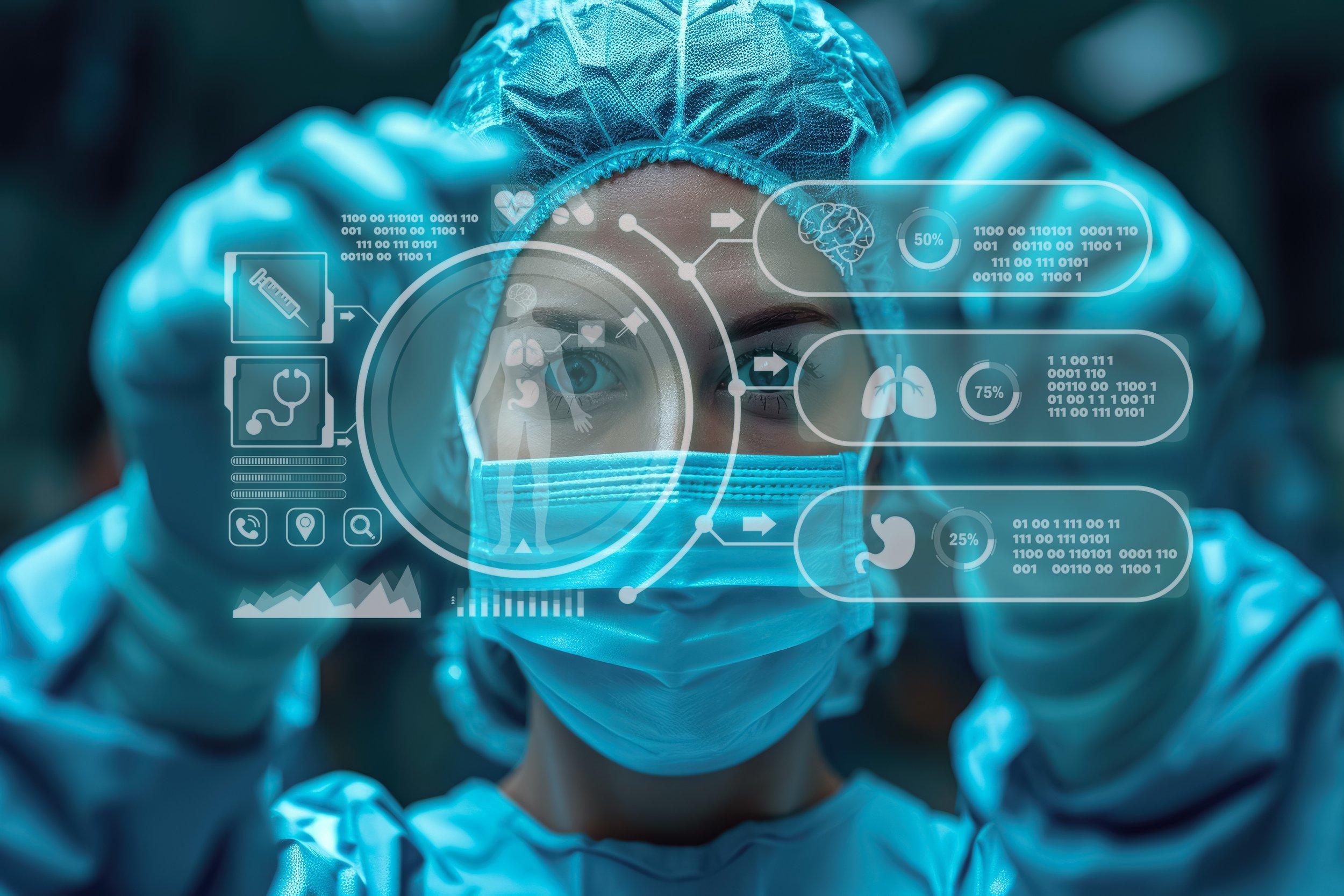
TechNews
Latest updates and insights on tech.
Health Monitoring Wearables
Advanced biosensors and AI algorithms are pushing wearables into clinical-grade diagnostics, enabling non-invasive monitoring of biomarkers and vital signs with unprecedented accuracy. These devices now integrate multiple data streams to provide comprehensive real-time health assessments. While challenges remain in sensor reliability and data privacy, these innovations point toward a future of truly preventive healthcare.
AI in Predictive Healthcare
AI transforms patient care through predictive analytics, enabling the early detection of diseases and the delivery of personalized treatments. These technologies analyze vast datasets to uncover critical health patterns that humans might miss. While promising improved outcomes, challenges like data privacy and algorithmic bias require careful navigation as this technology reshapes modern medicine.
AI in Healthcare: Predictive Analytics
The healthcare landscape is transforming by integrating artificial intelligence (AI) and machine learning (ML) technologies. AI-driven predictive analytics emerges as a powerful tool, leveraging vast amounts of patient data to anticipate health risks, personalize treatment plans, and optimize resource allocation. This article explores the potential of AI in healthcare, focusing on how predictive analytics contribute to improved patient outcomes and preventive care. We examine how machine learning algorithms analyze patient data to identify patterns and correlations associated with specific diseases or health conditions. We discuss the benefits of AI-driven predictions, including early disease detection, tailored treatment approaches, and proactive risk management. Challenges concerning data privacy, security, and model bias are addressed, along with ethical considerations surrounding the use of AI in healthcare decision-making. Finally, we explore the future directions of AI-driven predictive analytics and its potential to revolutionize healthcare delivery.



